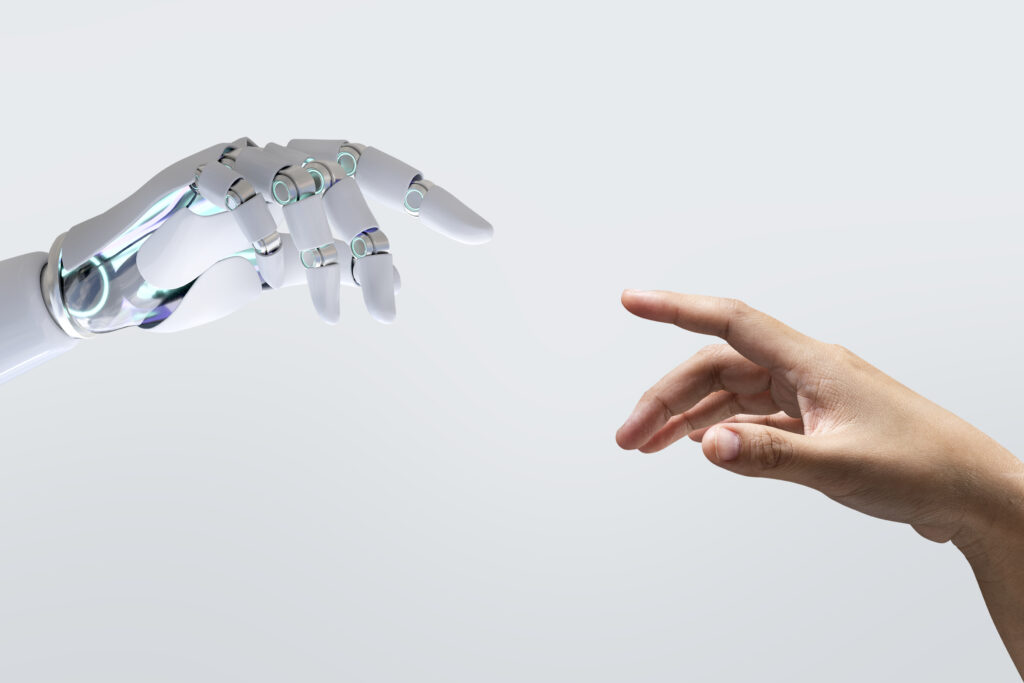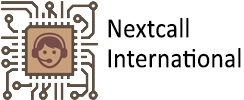5 reasons why artificial intelligence will not be able to replace humans at work

Artificial intelligence (AI) has been a buzzword for years now, with many people predicting that it will soon replace human workers in a variety of industries. However, despite its rapid development, there are several reasons why AI is unlikely to completely take over the workforce.
AI lacks emotional intelligence
Emotional intelligence is one distinguishing factor that makes humans forever relevant in the workplace. The importance of emotional intelligence in the workspace cannot be overemphasized, especially when dealing with clients.
As social animals, one basic, undeniable need of humans is the need for emotional connection with our kind. We achieve this connection through the chemical and biological interaction of several hormones and emotions between the parties involved. AI does not possess it as it comprises software and chips, not biological cells.
Good business owners and company executives understand the importance of appealing to the emotions of staff and clients. A machine can’t achieve such levels of human connection, while, as a human, there are ways to increase your emotional intelligence.
Unpredictable events and scenarios
The world is full of unpredictable events and scenarios that AI is unable to handle. For example, in a crisis situation such as a natural disaster, human workers are better equipped to make decisions and take action in real-time. AI may be able to assist with disaster response, but it is unlikely to be able to replace human workers who are able to think on their feet and adapt to new and changing situations.
AI’s creative process is limited to the data it receives
When brainstorming creative concepts and ways of doing work, AI lacks this human ability because, as already established, AI can only work with the data it receives. Hence, it cannot think up new ways, styles, or patterns of doing work and is restricted to the given templates.
Employers and employees know how important creativity is in the workspace. Creativity offers the pleasant sensation of something new and different instead of the boring, repetitive actions in which AI is designed to function. Creativity is the bedrock of innovation.
Related to creative thinking is the ability to think outside the box. Machines are designed to “think within the box.” That means AI tools can only function within the dictates of their given data.
AI does not have soft skills
Soft skills are a must-have for every worker in the workspace. They include teamwork, attention to detail, critical and creative thinking, effective communication, and interpersonal skills, to mention but a few. These soft skills are in demand in every industry, and you must develop them to succeed professionally.
However, soft skills are alien to machines with artificial intelligence. AI cannot develop these soft skills critical to workplace development and growth. Developing these skills requires a higher level of reasoning and emotional intelligence.
Humans make AI work
There would be no artificial intelligence without human intelligence. The term artificial intelligence means humans design it. Humans write the lines of code with which AI is developed. The data AI machines operate with are inputted by humans. And it is humans that use these machines.
AI systems, like all technology, will eventually break down and need repair. This means that there will always be a need for human workers who can maintain and repair these systems. Additionally, there will be a need for human workers to program and improve AI systems, ensuring that they continue to evolve and meet the needs of the workforce.
Learn to work with AI, not fear it
Artificial intelligence isn’t something to be scared of. However, you must step up your game to not be replaced by AI. Upskill, stay abreast with the latest trends in your field, and be innovative and creative. This way, you will be an asset no employer would risk losing.
As AI continues to develop, it is important that we find ways to work alongside it and harness its potential to enhance and support the work of human workers, rather than replace them.
